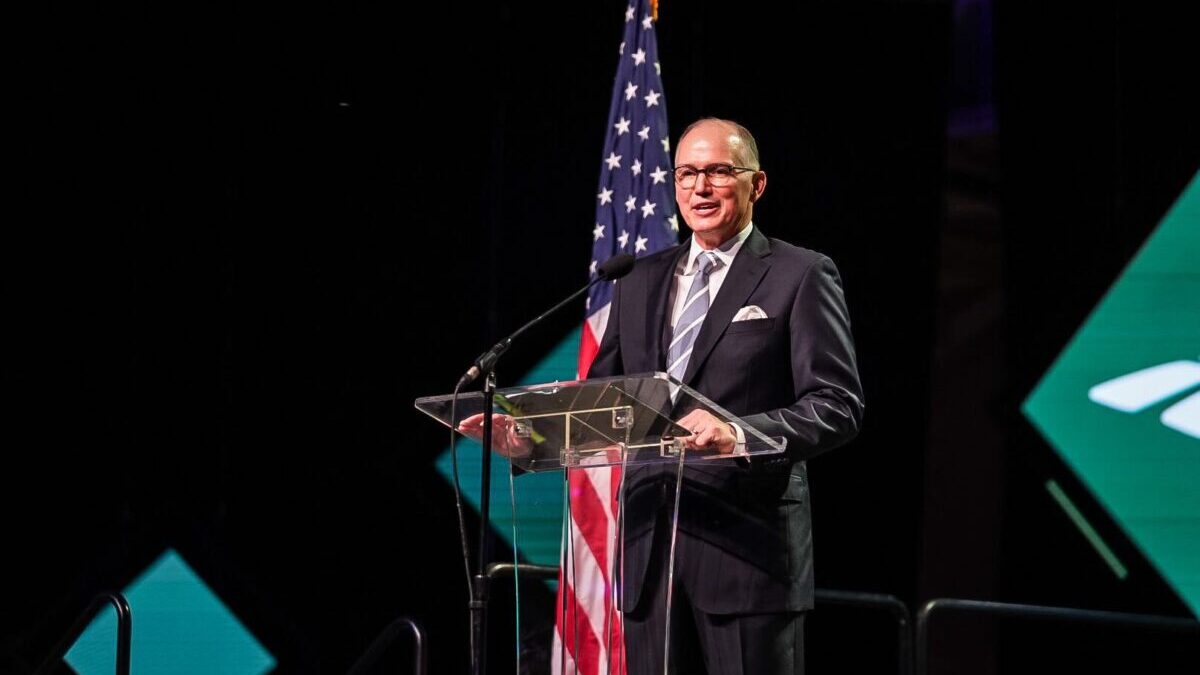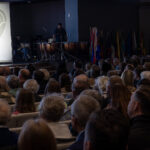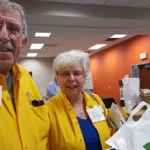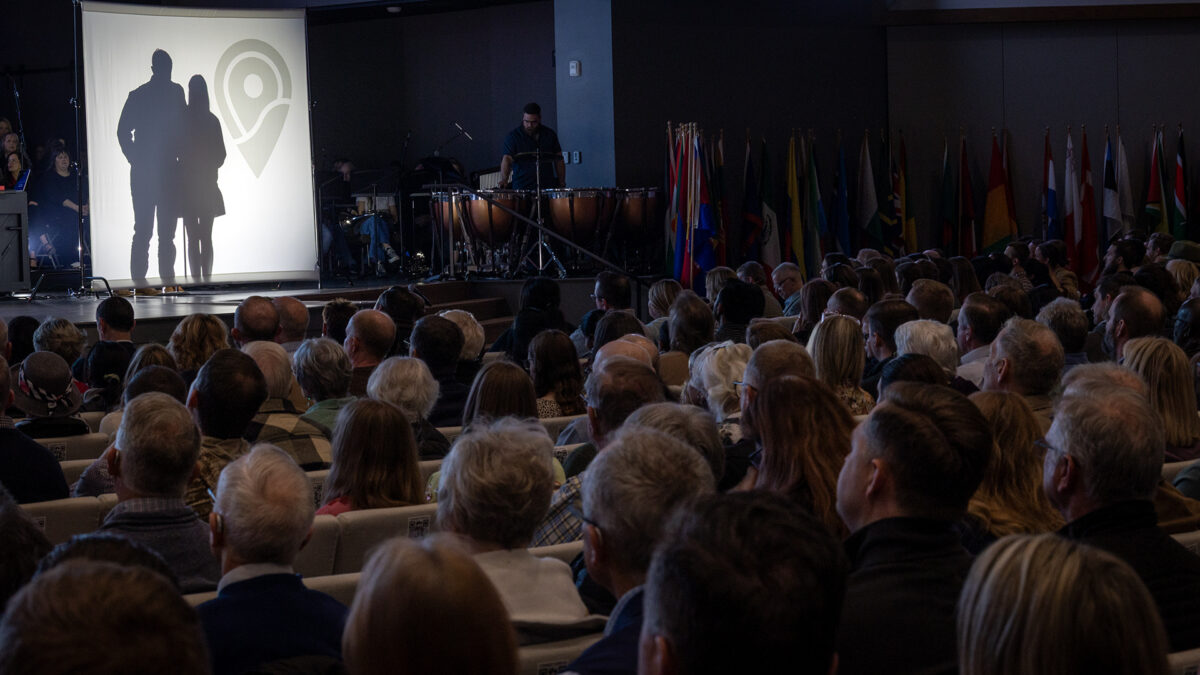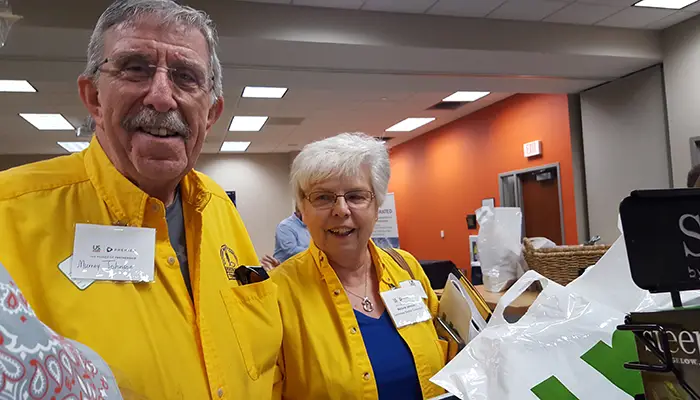In 1917, Southern Baptists meeting in New Orleans were introduced to the idea of a board that would help pastors with relief and retirement support. Founded the next year, the entity now named GuideStone Financial Resources is still driven by its founders’ burden, Hance Dilbeck reported in New Orleans.
“GuideStone exists today because our Southern Baptist Convention churches over a hundred years ago recognized their responsibility to honor and provide for those who pour out their lives in the ministry of the gospel,” said Dilbeck, GuideStone’s president and CEO. “And I’m grateful to God for their foresight.”
At the heart of their ministry, he said, is seeing every servant of Christ finish well by putting in place initiatives that enhance financial security and resilience.
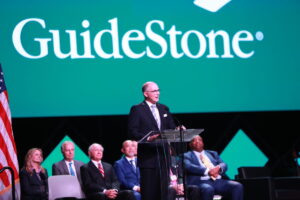
Dilbeck recounted the story of a member of a church where he once served as pastor. The man had served with the International Mission Board (IMB). The former missionary, James Crawford, had the financial freedom in his retirement years to continue investing in ministry in his local community. He started a Spanish-language congregation at his home church, and that church has now helped start more than 30 Hispanic congregations. The freedom Crawford had in his retirement years was because of the faithful provision of the IMB through GuideStone, Dilbeck said.
He ended his report by sharing about what he called GuideStone’s “heartbeat,” the Mission:Dignity program designed to help pastors and pastors’ wives with needs including housing, food and medications. Last year the program served more than 2,800 people. In March, GuideStone trustees voted to establish the O.S. and Susie Hawkins Emergency Grant Fund to perpetually provide for emergency needs of Mission:Dignity recipients, Dilbeck reported.
One hundred percent of gifts given to Mission:Dignity help a retirement-age pastor or widow in need, he said.
“Southern Baptists, you honor the office of pastor; you honor these dear servants of Christ; you honor our Lord Jesus through your abounding generosity to Mission:Dignity. And we are deeply grateful.”
Training for churches
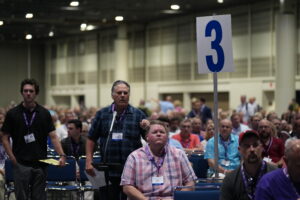
Dilbeck answered one question following his report. Messenger Richard Bradley from Highland Church in Laurel, Mississippi, asked about the high cost of medical insurance. Dilbeck acknowledged challenges associated with the medical system and with insurance, and noted that GuideStone, which doesn’t receive Cooperative Program money, has to cover its costs amid those challenges.
GuideStone is working to train churches to take these issues into account when designing pay packages for pastors, he said, so that pastors aren’t forced to choose between their salary and their insurance.
“I commit to you that we’re going to continue to strive to do all we can to hold costs down on medical insurance,” Dilbeck said. “But we’re also working with our state executives and associational leaders to do a better job of training our local churches and our church treasurers, our deacon leadership, on how they can embrace the responsibility to help our pastors address this important need.”

